Description
Hawthorn Extract (Hawthorn)
– Reduces blood pressure
– Increases the contractility of the heart muscle
– Strengthens and dilates the coronary arteries
– Increases coronary blood flow and thus heart supply
– Slows heart rhythm and reduces palpitations
– Reduces nervousness and anxiety
– Contributes to restful sleep
– Promotes oxygen supply to every cell….
A silent danger, a phantom disease….
High blood pressure is a heart disease without a clear symptom!
Blood pressure, also called “vascular pressure”, is the force of the blood against the arterial walls. It depends on the effort of the heart, the resistance of the blood vessels and the total volume of blood flowing. The danger with blood pressure is the lack of a precise symptom. The affected person feels nothing most of the time. There is no specific age at which one suffers from high blood pressure, and it affects both men and women. Only in one in twenty cases can the exact cause of its occurrence be identified. The only way to detect it is to check your blood pressure regularly. The systolic pressure (first value on the tensiometer) measures the heartbeats when it contracts. The diastolic pressure (second reading) is shown when the heart is at rest. It is called high blood pressure (or hypertension) when the pressure is above 140/90 mm mercury, i.e. 14/9.
Understanding it better to be able to fight it
For the majority (90%) of us, there are several factors that trigger essential hypertension, also called primary hypertension. With age, the artery walls lose their elasticity and suppleness. So the heart has to work harder to push the blood through. Day after day, the pressure increases and thickens the arteries, which in turn restrict the amount of blood flowing to the organs. As a result, the coronary arteries no longer supply enough nutrients to the heart muscle, which quickly becomes tired. If the passage inside the arteries is blocked (cholesterol deposits, blood clots), the blood pressure will skyrocket! Hypertension is therefore inconspicuous over a long period of time, but it can cause very serious complications: stroke, heart attack, kidney disease, erectile dysfunction, significant loss of visual acuity…. Many consider that diabetes, obesity, nicotine addiction, excess cholesterol, salt (sodium) abuse and lack of physical activity increase its pernicious effects.
Treat high blood pressure and strengthen your heart…. in a completely natural way!
Mild hypertension is a condition that can be treated naturally: manage stress, improve nutrition and the contractility of the heart muscle, strengthen the arteries, inhibit the production and activity of certain blood pressure regulating molecules, promote sodium secretion and favour foods rich in potassium, magnesium and vitamin C… These are simple, reliable and effective actions for your heart and arterial health. Don’t let this silent disease take you by surprise!!!
Hawthorn will help you: it lowers blood pressure, strengthens and dilates the coronary arteries, oxygenates and supplies the heart, reduces palpitations, relieves nervousness and contributes to restful sleep.
A symbol of purity and innocence, hawthorn (Crataegus laevigata) is a plant from the rose family (Rosaceae). Its name is derived from the Greek term “kratos”, which means “strength”. In Greek and Roman antiquity, the hawthorn was associated with joyful events, hopes, happiness, weddings and children. Since the Renaissance, the bark of young hawthorn twigs and its berries have been used to relieve fevers and treat sore throats, insomnia and irritability. But it is above all its flowers and leaves that make it an excellent medicinal plant. Hawthorn is the key to proper heart function and healthy coronary arteries! It provides the heart with everything it needs to improve, balance and stabilise its metabolism and rhythm. This ancient phytotherapy increases the blood supply to the heart muscle and thus its oxygenation, supply and contractility. It slows down the heart rhythm and thus reduces palpitations. In addition, hawthorn reduces inflammation of the blood vessels and prevents the accumulation of cholesterol deposits and blood clots on the artery walls. This strengthens and dilates the arteries and helps regulate blood pressure. Hawthorn is also the friend of the stressed, irritable, impulsive, anxious and insomniac. It is an indispensable plant for highly sensitive students who are overworked during exam time. This allows them to prepare for exams in peace and pass them without any problems! You need to know that the effects of hawthorn are neither immediate nor radical: It works slowly but makes lasting changes. Between six to eight weeks are sometimes necessary before the full effects of hawthorn take effect.
Recommended in case of hypertension and its complications, angina pectoris, palpitations, vertigo, ringing in the ears, palpitations in anxious people, arrhythmia, extrasystoles, arteriosclerosis and senile heart.
Good to know: ESCOP and the World Health Organisation recognise the use of hawthorn (flowers and leaves) to support cardiovascular function and treat type 2 congestive heart failure. Ref: – European Scientific Cooperative on Phytotherapy (Ed.). Crataegi Folium Cum Flore, ESCOP Monographs on the Medicinal Uses of Plants Drugs, Centre for Complementary Health Studies, University of Exeter, UK, 1999. – World Health Organization. WHO monographs on selected medicinal plants, vol. 2, Switzerland, 2002.
Good to know: The presence of a doctor unconsciously stresses some sensitive individuals. This phenomenon is called “white coat syndrome” and is very common. This feeling of anxiety raises blood pressure, so one might think that these people are suffering from hypertension, even though they are healthy.
Literature:
1. Pittler MH, Guo R, Ernst E. Hawthorn extract for treating chronic heart failure archive, Cochrane Database of Systematic Reviews 2008, Issue 1. art no: CD005312. DOI: 10.1002/14651858. CD005312. pub2. Walker AF, Marakis G, Simpson E, Hope JL, Robinson PA, Hassanein M, Simpson HC. Hypotensive effects of hawthorn for patients with diabetes taking prescription drugs: a randomised controlled trial. Br J Gen Pract. 2006 Jun;56(527):437-43. 3. Chang WT, Dao J, Shao ZH. Hawthorn: potential roles in cardiovascular disease. Am J Chin Med. 2005;33(1):1-10. review. Walker AF, Marakis G, Morris AP, Robinson PA. Promising hypotensive effect of hawthorn extract: a randomized double-blind pilot study of mild, essential hypertension. Phytother Res. 2002 Feb ; 16(1):48-54 04;30(5-6):221-5.

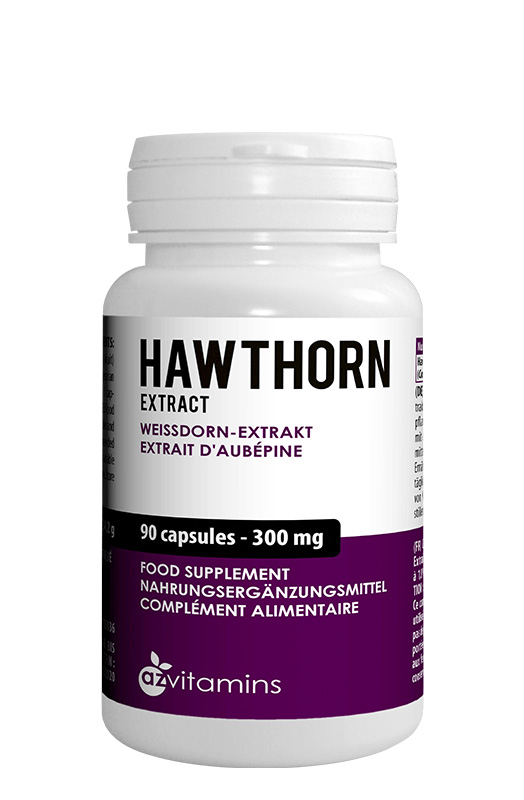
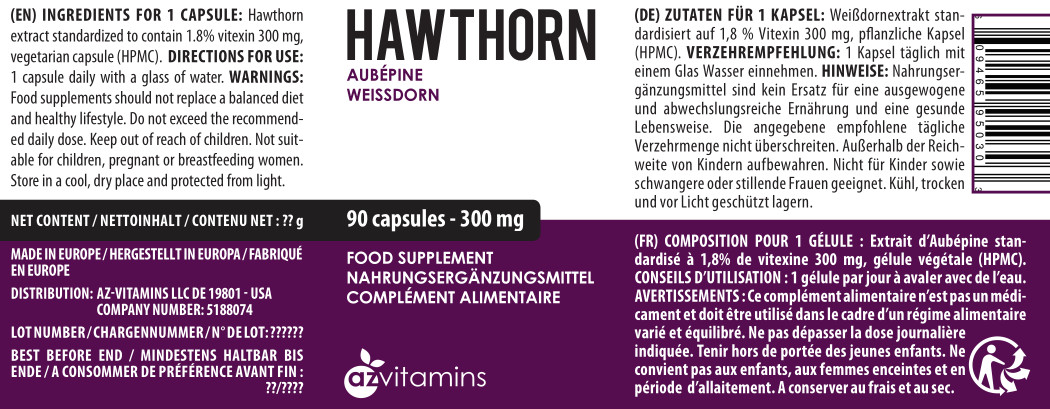
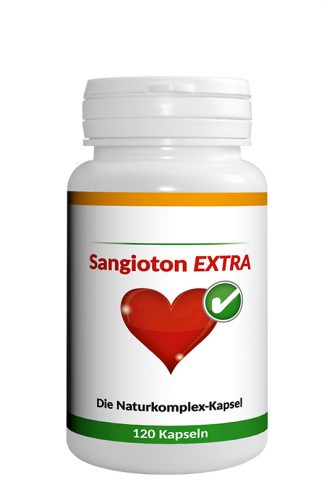
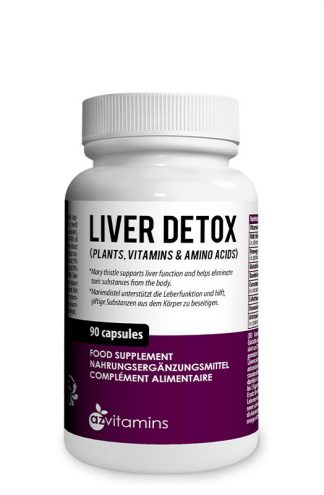
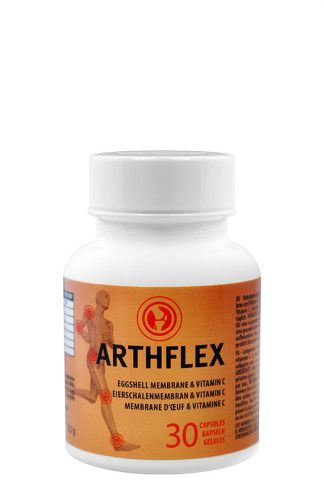
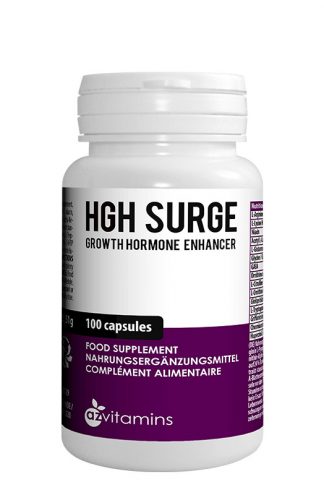
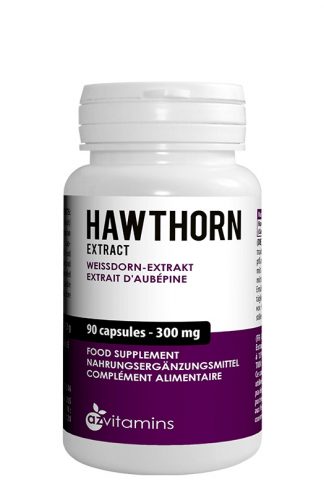
Reviews
There are no reviews yet.